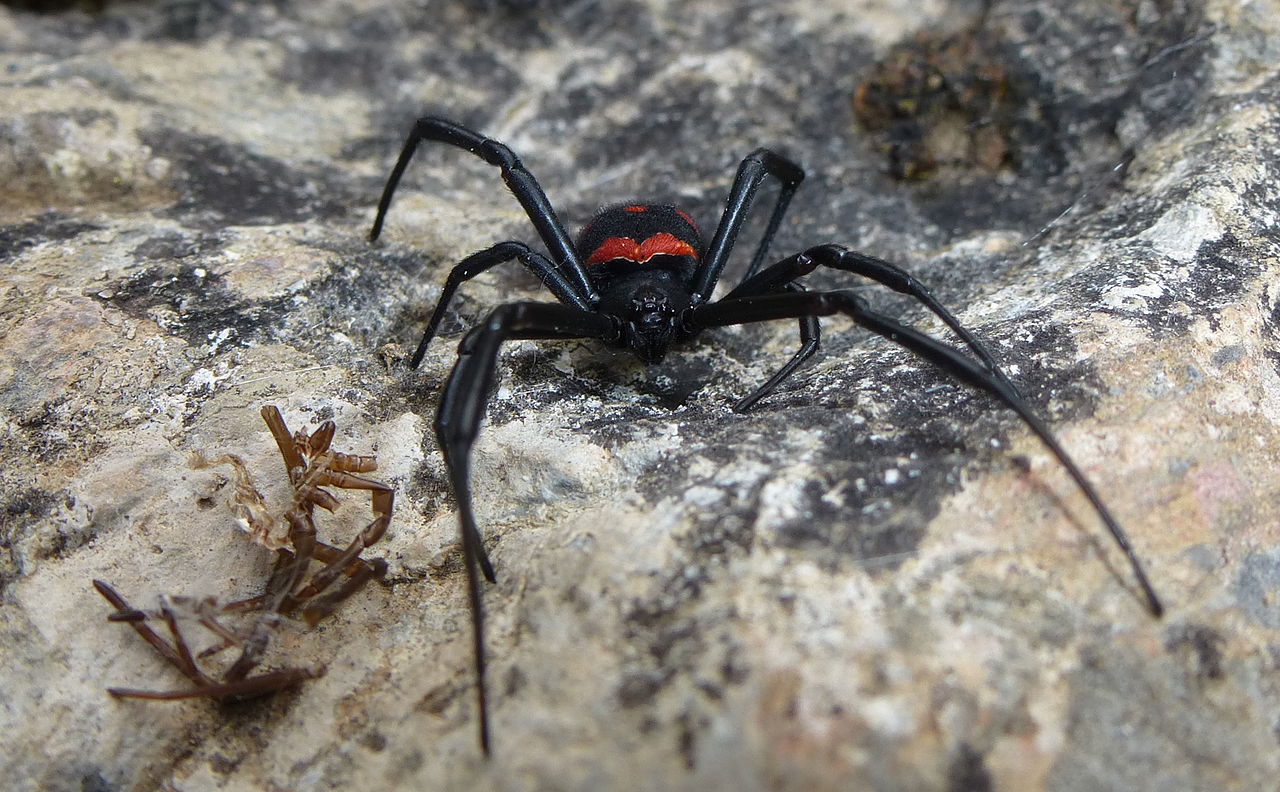Nestled along the Costa Blanca in Spain, Javea is not just a destination for beach-lovers and history buffs. Its diverse landscapes, from beautiful sandy coastlines to rugged mountain terrains, also create a thriving habitat for a wide variety of spiders. Spiders are often met with fear and apprehension, yet these often misunderstood creatures are vital components of our ecosystem. Here, we delve into the world of Javea’s spiders, uncovering their fascinating biology and ecological importance.
Also read: Dangerous animals in Javea
Javea’s Spider Species
The spider population in Javea is as diverse as its landscapes. In the coastal areas, you may encounter the large, yet harmless, European garden spider (Araneus diadematus). Recognized by its distinctive cross-shaped marking, this spider is a skilled architect, often found in gardens where it spins intricate orb webs.
The Spanish tarantula (Lycosa tarantula), a type of wolf spider, is another common inhabitant in Javea. Unlike its name suggests, it is not a true tarantula but shares a similar large, hairy appearance. It is a ground-dwelling spider, usually found in burrows in dry, open areas.
Moving towards Javea’s woodland areas, one might encounter the beautiful, but venomous, Mediterranean black widow (Latrodectus tredecimguttatus). Known for the red or orange hourglass-shaped marking on its abdomen, sightings are rare as it prefers to stay hidden.
Ecological Role of Spiders
Spiders are nature’s pest control agents. They play a crucial role in regulating insect populations, keeping a check on pests that can cause agricultural damage or spread diseases. Spiders are also an important food source for other animals such as birds and lizards, contributing to the food chain.
Spiders and Conservation
Despite their ecological importance, spiders face numerous threats, including habitat loss, pollution, and climate change. It is important to promote the conservation of these creatures and their habitats. In Javea, initiatives are underway to protect natural areas, indirectly contributing to the conservation of spiders and other wildlife.
Living Harmoniously with Spiders
While some spiders can deliver a painful bite, most are harmless to humans and prefer to avoid confrontation. If you encounter a spider in your home or while exploring Javea’s beautiful landscapes, the best course of action is to leave it undisturbed. They are much more interested in catching pests than interacting with humans.
Conclusion
Spiders, though often feared, are fascinating creatures that play a vital role in Javea’s ecosystem. As residents or visitors, it’s our responsibility to appreciate these tiny architects and skilled hunters, and to contribute to their conservation. In doing so, we ensure the continued health and diversity of our natural world. Whether you’re hiking Montgo Natural Park or relaxing in your garden, take a moment to appreciate these eight-legged wonders, and the intricate web of life they represent.


